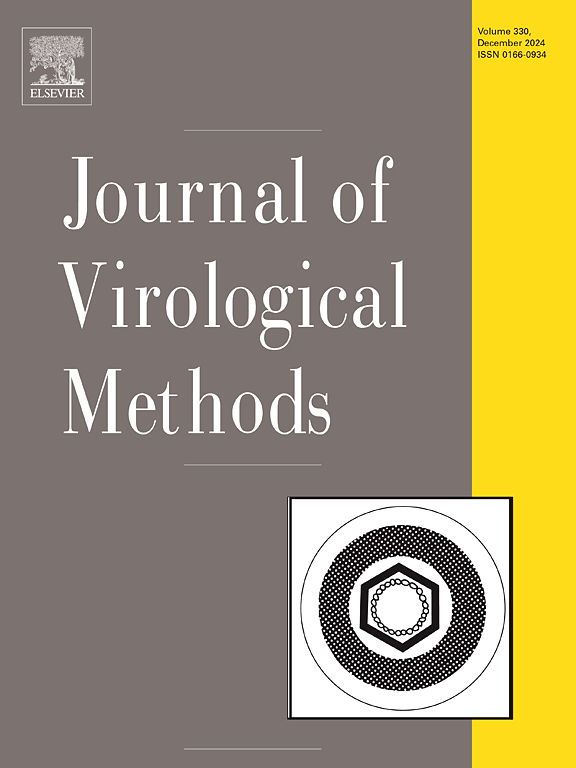21世纪的猴痘:对其发病机制和公共卫生影响的见解
IF 1.6
4区 医学
Q3 BIOCHEMICAL RESEARCH METHODS
引用次数: 0
摘要
猴痘是由猴痘病毒(MPXV)引起的一种人畜共患疾病,是一种重新出现的疾病,已成为21世纪一个突出的全球公共卫生问题。此前仅限于中非和西非的2022年疫情表现出了非同寻常的全球传播,促使人们对该病毒的传播机制和遏制战略进行了重要调查。本文分析了猴痘的病理生理学、流行病学趋势和公共卫生后果,强调了诊断困难、少报以及获得疫苗和治疗的不公平。讨论内容包括基因组监测的重要性、“同一个健康”战略以及研究有效抗病毒药物和疫苗的必要性。严重的知识缺陷,包括病毒突变危害和对动物宿主的有限理解,阻碍了预防行动。要减轻未来的流行病,就必须通过改进诊断、公平分配疫苗和加强监测来解决这些问题。本文探讨了猴痘研究的现状,并描绘了未来的方向,以告知全球公共卫生政策。本文章由计算机程序翻译,如有差异,请以英文原文为准。
Monkeypox in the 21st century: Insights into its pathogenesis and public health implications
Monkeypox, a zoonotic illness caused by the Monkeypox virus (MPXV), is a re-emerging disease that has resurfaced as a prominent global public health issue in the 21st century. The 2022 outbreak, previously limited to Central and West Africa, exhibited extraordinary global dissemination, prompting critical inquiries over the virus's transmission mechanisms and containment strategies. This paper analyzes monkeypox's pathophysiology, epidemiological trends, and public health ramifications, emphasizing diagnostic difficulties, underreporting, and the inequitable access to vaccines and therapies. The discussion encompasses the significance of genomic surveillance, One Health strategies, and the necessity for research on effective antivirals and vaccines. Substantial knowledge deficiencies, encompassing virus mutation hazards and a restricted comprehension of animal reservoirs, impede preventative initiatives. Mitigating future epidemics necessitates addressing these problems through improved diagnoses, equitable vaccination distribution, and enhanced surveillance. This paper examines the present status of Monkeypox research and delineates prospective directions to inform global public health policies.
求助全文
通过发布文献求助,成功后即可免费获取论文全文。
去求助
来源期刊
CiteScore
5.80
自引率
0.00%
发文量
209
审稿时长
41 days
期刊介绍:
The Journal of Virological Methods focuses on original, high quality research papers that describe novel and comprehensively tested methods which enhance human, animal, plant, bacterial or environmental virology and prions research and discovery.
The methods may include, but not limited to, the study of:
Viral components and morphology-
Virus isolation, propagation and development of viral vectors-
Viral pathogenesis, oncogenesis, vaccines and antivirals-
Virus replication, host-pathogen interactions and responses-
Virus transmission, prevention, control and treatment-
Viral metagenomics and virome-
Virus ecology, adaption and evolution-
Applied virology such as nanotechnology-
Viral diagnosis with novelty and comprehensive evaluation.
We seek articles, systematic reviews, meta-analyses and laboratory protocols that include comprehensive technical details with statistical confirmations that provide validations against current best practice, international standards or quality assurance programs and which advance knowledge in virology leading to improved medical, veterinary or agricultural practices and management.

 求助内容:
求助内容: 应助结果提醒方式:
应助结果提醒方式:


